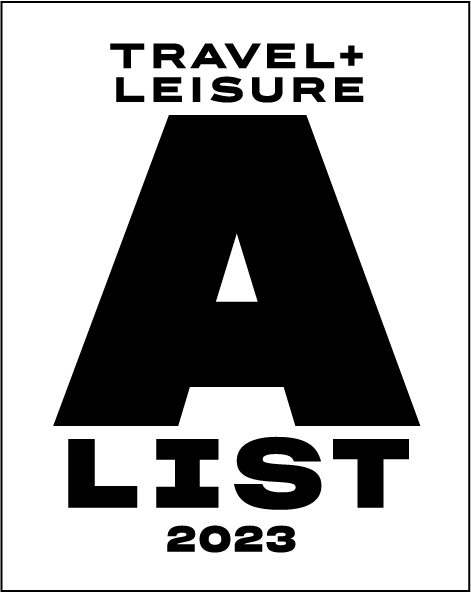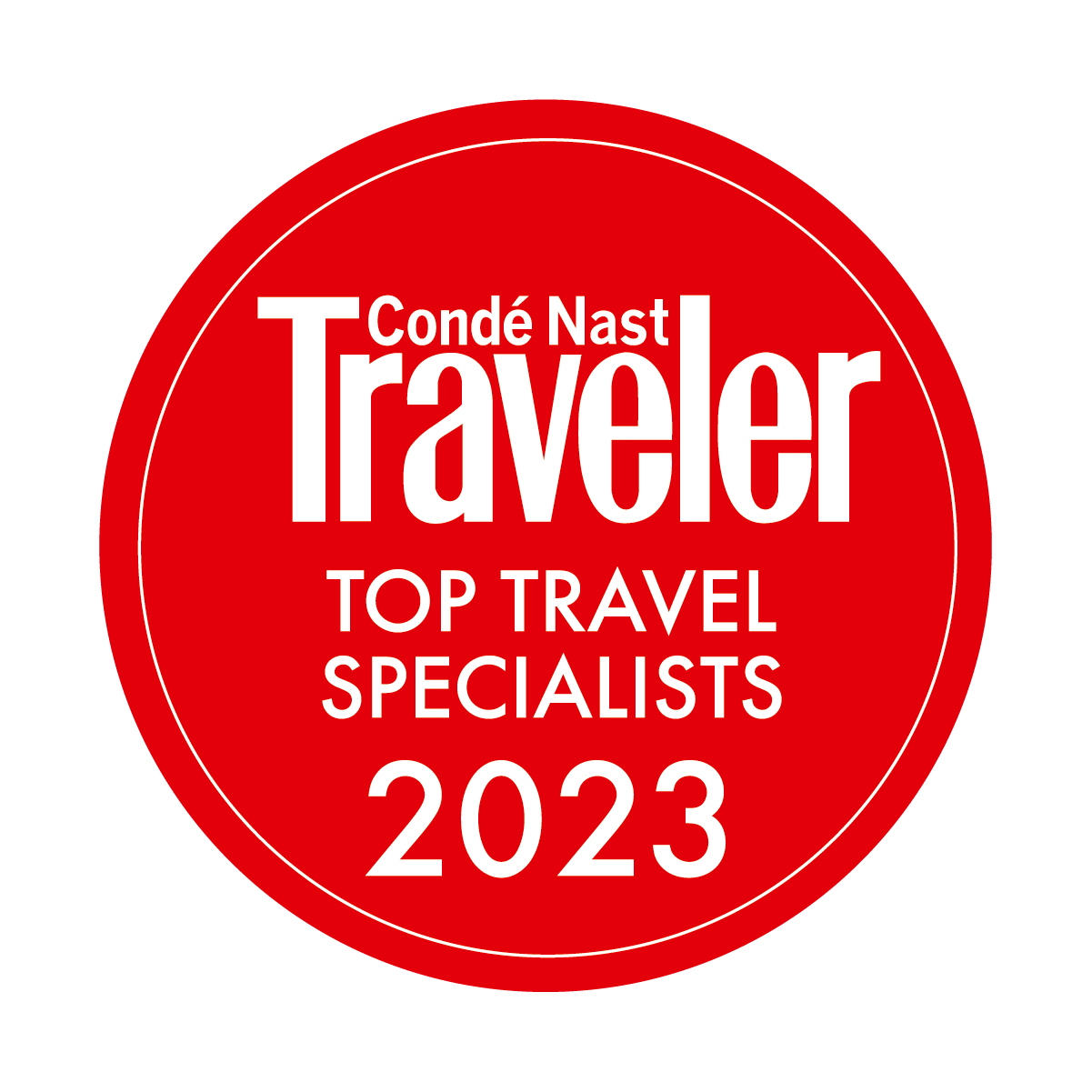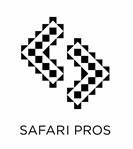Before you go to Botswana
Botswana is a landlocked country surrounded by Namibia, South Africa, Zambia and Zimbabwe – with a population of just over two million people. Slightly larger than France, the landmass covers 581 730 square kilometres, most of which is desert. The northern regions however, form a striking contrast with the dry Kalahari, where the stunning wetlands of the world-famous Okavango Delta and the diverse habitats of the Chobe and Linyanti add to the wealth of this wonderfully diverse country. The capital city is Gaborone while Maun and Kasane are the safari “hubs”.
INTERESTING FACTS
The colors on the flag correspond to those on the national coat of arms. The blue represents water while the white-black-white bands depict the racial harmony of the people as well as the pluralist nature of the society – inspired by the coat of the zebra, the national animal. The national bird is the Lilac-Breasted Roller.
GOVERNMENT
Botswana is a stable multi-party democracy with legislative power vested in the Parliament, which comprises the president as ex-officio member and a unicameral National Assembly. Elections are held every five years. A 34-member House of Chiefs advise on tribal matters. The Botswana Democratic Party has governed Botswana since independence in 1966.
ECONOMY
Since the discovery of diamonds, more than 40 years ago, Botswana has become one of Africa's most prosperous republics. Diamond mining has fuelled much of the country’s expansion and currently accounts for more than a third of its GDP, 70 - 80% of export earnings, and about half the government's revenue. During the 1970s and 80s the former British colony boasted one of the world's highest economic growth rates, ahead of Germany, Japan, and the Netherlands.
Botswana’s rich mineral resources also include copper, nickel, semiprecious stones and coal. Tourism, financial services and farming are other key sectors. Tourism is the second biggest industry in the country, making huge impact on employment, infrastructure and rural development.
CURRENCY
The currency in Botswana is the Pula (P) which is made up of 100 Thebe.
LANGUAGE
The official language is English, with Setswana being the most widely spoken African language. There are eight major Tswana tribes, each of which occupies its own separate territory with its own traditional chiefs, and each tribe maintains communal ownership over its lands.
TIME
Botswana shares the same time as all southern Africa, except Namibia, which is Greenwich Mean Time – (GMT) + 2 hours.
CLIMATE
The climate is generally sub-tropical with fairly light rainfall. Droughts are frequent. Summer can be very hot and the evenings also remain fairly warm. Temperatures in winter can drop quite dramatically at night; however daytime temperatures are pleasantly warm.
The weather in southern Africa is generally pleasant throughout the year – warm to hot days, and cool to warm nights. During our winter months however (May to September), it can get really cold at night and in the early morning, particularly when on safari, so we would like to suggest that you pack accordingly – very warm clothing including an anorak/winter jacket, a beanie, scarf and gloves are recommended. Please also refer to our packing suggestions list.
Botswana, with the exception of the Okavango Delta and the eastern parts of the country, consists almost entirely of the Kalahari Desert and as such, rainfall is low. Total annual rainfall for Maun for example is only 470 millimetres (18.5 inches). Phrases like ‘rainy season’ or ‘afternoon thundershowers’ need therefore to be seen in context. Rain typically falls in short thundershowers in the late afternoon which produce spectacular dark skies and vivid rainbows before passing.
Game viewing is good year round, however, there are some seasonal highlights such as the concentrations of elephants in the Linyanti/Selinda over the dry winter months, or the zebra migration or predator concentrations in Makgadikgadi and Central Kalahari respectively in the summer months. The annual seasonal inundation of the Okavango Delta and what this entails is also discussed and explained.
Summer is from October to the end of March and usually brings very high temperatures. It is also the rainy season and cloud coverage and rain can cool things down, although only usually for a short period of time. The winter season begins in May and ends in August. This is also the dry season when virtually no rainfall occurs. Winter days are invariably sunny and cool to warm; however, evening and night temperatures can drop below freezing point in some areas.
The in-between periods – April/early May and late August/early September – still tend to be dry, however, the days are cooler than in summer and the nights are warmer than in winter.
Temperature (ºF) – These are the average lows and highs:
|
Jan |
Feb |
Mar |
Apr |
May |
Jun |
Jul |
Aug |
Sep |
Oct |
Nov |
Dec |
|
66/89 |
66/87 |
64/87 |
57/87 |
48/82 |
43/77 |
42/77 |
48/82 |
55/91 |
64/95 |
66/93 |
66/89 |
Average Rainfall (mm) – This varies according to the year and location:
|
Jan |
Feb |
Mar |
Apr |
May |
Jun |
Jul |
Aug |
Sep |
Oct |
Nov |
Dec |
|
110 |
80 |
70 |
25 |
7 |
3 |
0 |
0 |
0 |
30 |
50 |
95 |
PUBLIC HOLIDAYS
The dates of certain public holidays change from year to year – refer below. If a public holiday falls on a Sunday, then the Monday is also declared a public holiday
01 January New Year’s Day
Varies Good Friday
Varies Easter Monday
01 May Labour Day
25 May Ascension Day
01 July Sir Seretse Khama Day
17 July President’s Day (This date is subject to change)
30 September Botswana Day
25 December Christmas Day
26 December Boxing Day
USEFUL INFORMATION
BOTSWANA TRAVEL REGULATIONS
We have been advised that at this time, Botswana Immigration do not consider travelling on holiday an emergency and will therefore not grant entry to any guest travelling on an Emergency Travel Document. Please ensure that your guests are advised accordingly so that they have the appropriate travel documentation before departing on their safari.
PAYMENT
Botswana banks only accept US Dollars, GBP Sterling, Euro and South African Rand in cash. Any cash payments made to camps for curios, or gratuities to guides or staff, need to be in one of these currencies. Travellers Cheques in any of the above currencies are also acceptable
CREDIT CARDS
MasterCard and Visa are usually accepted throughout Botswana, including Wilderness Safaris and Wilderness Adventures camps. American Express is accepted in some instances. However, Diners Club is not accepted by the banks in Botswana and, therefore, not at our camps either.
BANKS
Barclays Bank of Botswana, First National Bank of Botswana, Stanbic, Standard Chartered Botswana Limited, Union Bank of Botswana and Zimbank of Botswana.
Banking Hours: Monday to Friday: 09:00 – 15:00 Saturday: 08:00 – 10:45
VALUE ADDED TAX (VAT)
All goods and services in Botswana are priced to include value added tax (VAT) of 12%. On departing from Botswana, non-residents may claim a VAT refund on goods exported as accompanied luggage. In order to claim, the original tax invoice, with passport details reflected thereon, must be presented to the designated Customs Officer together with the VAT 006.1 claim form and the BW500 export declaration form.
Kindly note that a minimum amount of Pula 5 000.00, on one tax invoice, is required in order to claim back VAT. Item/s purchased will need to be declared to the revenue official at the time of claiming back VAT and is the responsibility of the guest at the point of departure.
Refunds are made by way of a transfer into your account and therefore you will be required to have your banking details on hand, as refund documents have to be submitted on the same day that the items leave the country. Bank details cannot be sent at a later stage.
EXCESS LUGGAGE
If you need to bring luggage in excess of your allowance, you may have the option of buying an extra seat. This "seat in plane" allows for a maximum of 70 kg (154 lb) excess weight, on the proviso that the bag/s conforms to the dimensions 40 x 40 x 80 cm (16 x 16 x 31 inches); soft bag, i.e. no wheels/frame/rigid structures; able to physically fit onto a light aircraft seat; able to be physically secured with one seatbelt; will not impact on the comfort of other guests on the flight. The additional cost of this varies depending on your flight schedule so please contact your travel consultant for further details.
ELECTRICAL
You are advised to bring converters (if applicable) and spare batteries for use while the other is being charged. While some camps can supply adaptors (3-prong round, 3-prong square, 2-prong round, 2-prong flat) it is advisable that you carry your own.


